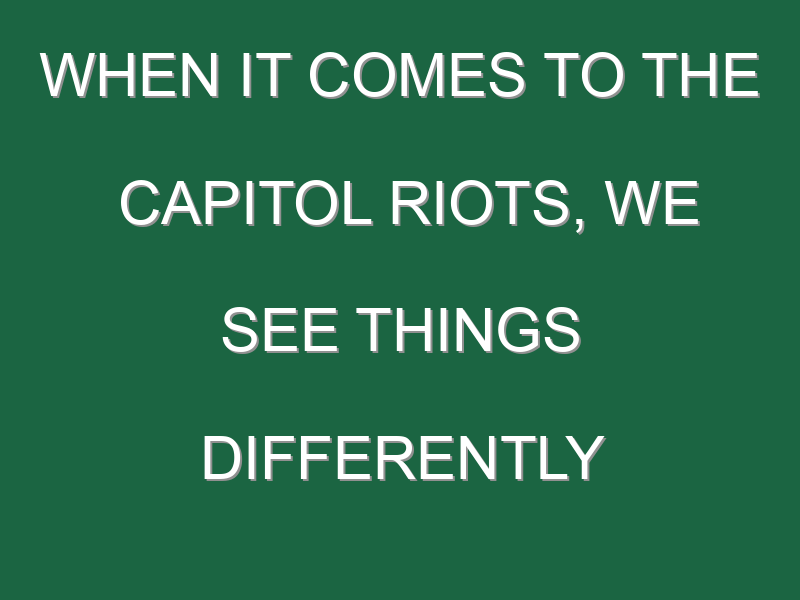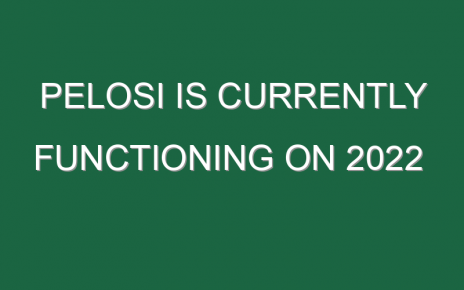President Trump has left. A new administration is beginning. But if you’re a leader struggling with the backlash from the “candid conversations” you may have had about the January 6 riots at the U.S. Capitol and the events that led up to them, you may still be in the thick of things.
You’re not alone.
“We have hit a nerve here,” says Michael Bush, CEO of Great Place To Work, and the author of a blog post about the riots called Don’t Call Yourself A For-All Leader if You Don’t Do These Things Today. In it, he offered good advice about how to discuss the riot with employees with an important framing: “To be honest, I’m still processing what I saw, but I’m certain of one thing: Now is not the time for leaders to be silent.”
Evidently, people spoke right up.
His blog post saw record traffic, but also a record number of unsubscribes and angry e-mails—followed by phone calls—which were far more negative than the usual back-and-forth he receives around addressing systemic racism at the corporate level. He suspects the reaction was due to leaders—in this case, mostly white and Republican—being asked to reevaluate the way they identify in a political context. “In my experience, they can say things about social justice… that you’re going to increase representation… and say all those things that seem bold and courageous at the time,” says Bush. “But really, you, your team, and your board have never actually had to do anything much differently. That makes this a third rail moment.”
He stands by his post and his advice but adds an important reminder. When talking about the riot and the events that led up to it, “describe what you saw on the Capitol steps and talk about the fact that you know that other people saw it differently.” Acknowledging that different perspective can lower the temperature and reestablish an element of empathy, even in a divided workplace.
“Transformational leaders are looking at how to influence others,” he says. “Unfortunately, many of them are trying to change other people’s minds, which, you know, is a tall order.” But the job now is to encourage people to stay in relationship with leadership, their peers, and the values that govern your work together. While this moment may be uniquely fraught because (mostly) white people are upset, the path forward is the same. Find ways to encourage deep introspection as a leadership practice. “Are you willing for a moment to question what you believe and why you believe it?” he says. “Are you willing to see how your lived experiences affect what you see and what you believe?” Then, the empathy piece. “Are you willing to think about the fact that other people you work with, based on their lived experiences, see the exact same thing differently?”
For leaders under siege: don’t give up, says Bush, but do think about ways you can continue to use the “see it differently” framing to stay the course.
“You know, CEOs are magicians, all of them,” he says. “This is a gift they have. That’s why they’re in that seat. They can get people to believe in something that doesn’t even exist yet. No product or code has been created or written and they can talk about a vision and people believe it.”
The reasons why people believe the U.S. election was stolen is hard for him to parse, he says. Very hard. “I do know that they certainly believe it with no facts and data.” But, he says, lots of other things people believe are hard to parse and it’s time we dig back in. “Some people believe what they believe about women, people of color, and particularly Black people—that they’re lowering the bar in terms of talent in the workplace, that the achievement gaps are personal shortcomings, and some [people of color] feel like we have to accept this. We need to find a way to talk about all of this.”
This is where a little executive magic can really help. “What is your vision for a workplace where people can examine what they believe and why they believe it with openness, curiosity, and respect?” he asks. “It’s a gift we all need right about now.”
Ellen McGirt
@ellmcgirt
[email protected]




